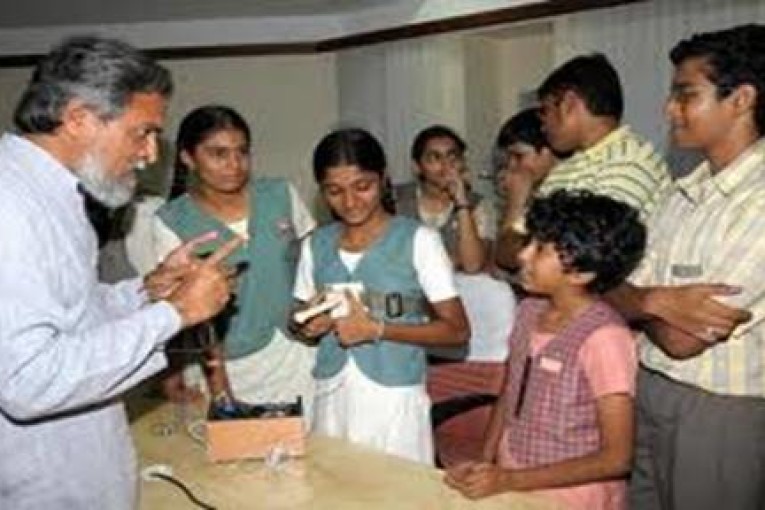
9 December is observed as International Anti-Corruption Day by the United Nations. The avowed objective of this decision is to raise people’s awareness of corruption and of the role of the United Nations Convention against Corruption in combating and preventing it. All the member-states of the UN and competent regional economic integration organizations are urged to sign and ratify the United Nations Convention against Corruption (UNCAC) to ensure its rapid entry into force. UNCAC is the first legally binding, international anti-corruption instrument that provides a chance to mount a global response to corruption.
International Anti-Corruption Day is a time for political leaders, governments, legal bodies and lobby groups to work together against corruption work by promoting the day and the issues that surround this event. On this day anti-corruption advocates organize events to engage the general public to effectively fight against corruption and fraud in communities. Some organizations hold special recognition ceremonies to pay tribute to people and projects that provide assistance to nations and communities in the battle against corruption.
Corruption is an issue that affects all countries around the world, including India. It can refer to the destruction of one’s honesty or loyalty through undermining moral integrity or acting in a way that shows a lack of integrity or honesty. Corruption undermines democracy, creates unstable governments, and sets countries back economically. Corruption comes in various forms such as bribery, law-breaking without dealing with the consequences in a fair manner, unfairly amending election processes and results, and covering mistakes or silencing whistleblowers (those who expose corruption in hope that justice would be served). Let’s pledge to combat corruption in all its manifestations.
The International Anti-Corruption Day seems to be an appropriate occasion to deliberate on India’s programme to fight corruption and by how to combat this menace through taking concerted action. Recent years have witnessed shocking scandal after scandal. Media reports indicate that nearly a trillion dollars of India’s wealth has been stashed in shady overseas bank accounts. Highly respected institution like the defence services, IAS, judiciary, political establishment and leading business houses have all been afflicted by corruption.
Corruption has increased enormously and concurrently it is being exposed by more vigilant and active media. While we find the actions of former telecom minister Raja repulsive, one of his predecessors Sukh Ram was also caught red-handed with bribes. The corruption has been prevalent in the India society for a long time; it has only become more widespread and acute recently. With introduction of RTI and the media becoming more aggressive, the detection methods have improved.
Indeed, there has been a reduction in corruption in a few areas. The end of the permit-licence raj has reduced bribes that industrial firms had to pay. Technology and competition has also played a positive role in the last decade. One no longer has to stand in a long line and pay a bribe to make a railway reservation; you can do it on internet. One had to wait for years and pay bribes to get a phone connection. Now, nobody uses a landline in the age of mobile telephony.
India is not the only country suffering from this problem. China and India have had similar ranking in the Corruption Perception Index of the Transparency International for many years. Experience of other countries, including the US, has shown that rapid economic growth lends to increase corruption and it declines once acountry becomes more prosperous. Singapore and Hong Kong have shown that it is possible to reduce corruption by concerted efforts by the government.



